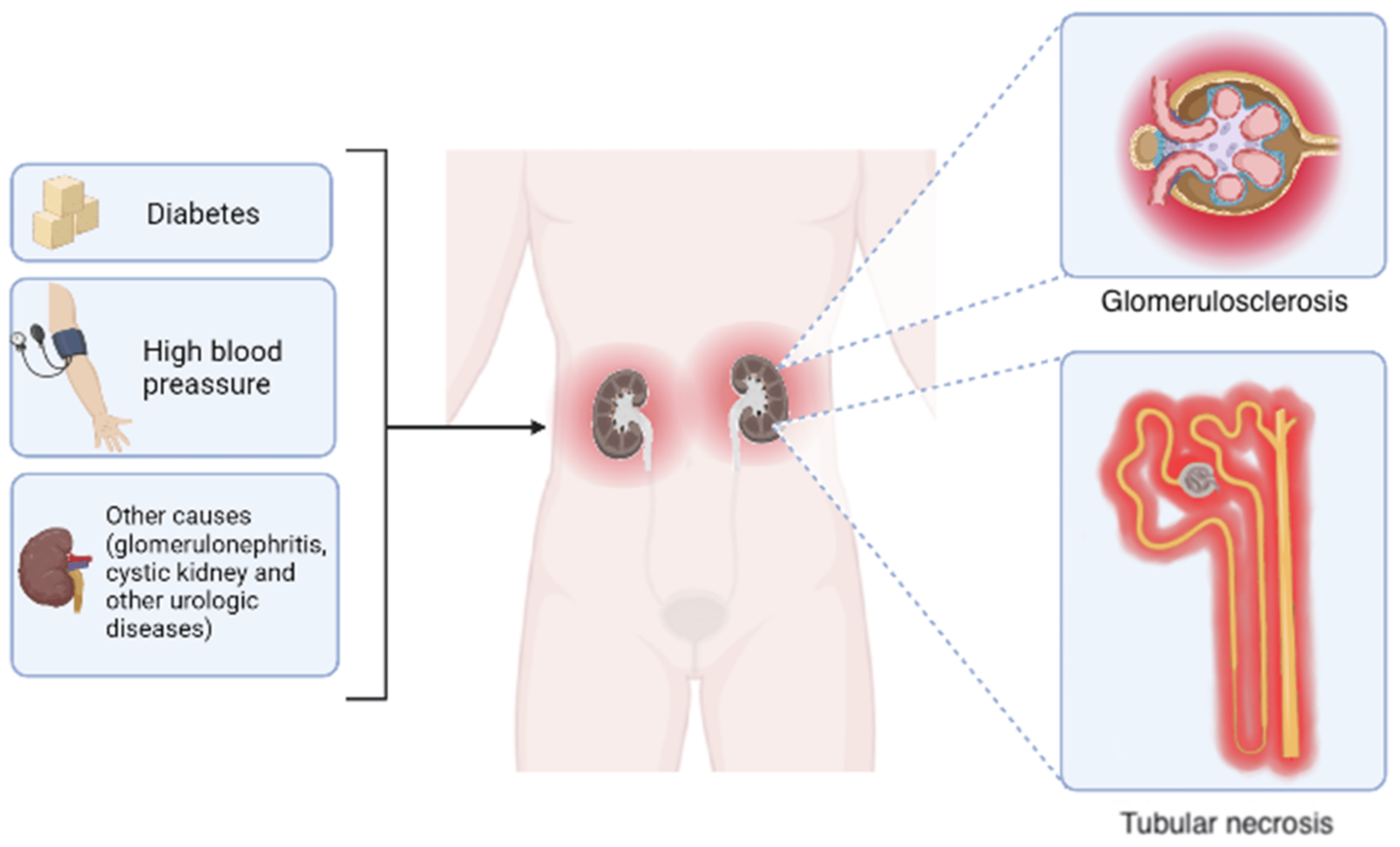Hypertensive kidney disease

In Dr. Anil Patel’s kidney clinic, managing hypertensive kidney disease would be a significant focus given its prevalence and impact on kidney health. Here’s how Dr. Patel and his team might approach hypertensive kidney disease:
Diagnosis and Evaluation: Dr. Patel ensures accurate diagnosis of hypertensive kidney disease through a thorough evaluation process. This includes assessing blood pressure levels, kidney function tests (such as serum creatinine, estimated glomerular filtration rate), urine analysis, and imaging studies (such as ultrasound) to evaluate kidney structure and detect any signs of damage.
Blood Pressure Control: Controlling hypertension is crucial in managing hypertensive kidney disease and slowing its progression. Dr. Patel emphasizes lifestyle modifications (e.g., dietary changes, weight management, regular exercise) and pharmacological interventions (e.g., antihypertensive medications) to achieve and maintain target blood pressure levels according to established guidelines.
Medication Management: Dr. Patel carefully selects antihypertensive medications based on individual patient characteristics, such as comorbidities, kidney function, and medication tolerability. Commonly used medications may include angiotensin-converting enzyme (ACE) inhibitors, angiotensin II receptor blockers (ARBs), calcium channel blockers, beta-blockers, and diuretics.
Kidney Function Monitoring: Dr. Patel closely monitors kidney function over time to assess disease progression and response to treatment. This may involve regular follow-up visits, laboratory tests, and imaging studies to evaluate kidney function and detect any complications, such as proteinuria or declining glomerular filtration rate.
Lifestyle Modifications: Dr. Patel emphasizes lifestyle modifications to improve overall cardiovascular health and kidney function in patients with hypertensive kidney disease. This includes promoting a heart-healthy diet (e.g., DASH diet), smoking cessation, limiting alcohol intake, and encouraging regular physical activity.
Management of Complications: Dr. Patel addresses complications associated with hypertensive kidney disease, such as proteinuria, electrolyte imbalances, and cardiovascular disease. He may recommend additional interventions or medications to manage these complications and minimize their impact on kidney function.
Patient Education: Dr. Patel educates patients about the importance of medication adherence, blood pressure monitoring, and lifestyle modifications in managing hypertensive kidney disease. He provides personalized guidance and support to help patients make informed decisions about their health and treatment options.
Multidisciplinary Collaboration: Dr. Patel collaborates closely with other healthcare providers, including primary care physicians, cardiologists, dietitians, and pharmacists, to provide integrated and coordinated care to patients with hypertensive kidney disease. This multidisciplinary approach ensures comprehensive management and optimization of patient outcomes.
Overall, Dr. Anil Patel’s kidney clinic offers comprehensive care for patients with hypertensive kidney disease, focusing on blood pressure control, kidney function monitoring, lifestyle modifications, and personalized treatment plans to improve kidney health and reduce the risk of complications.
